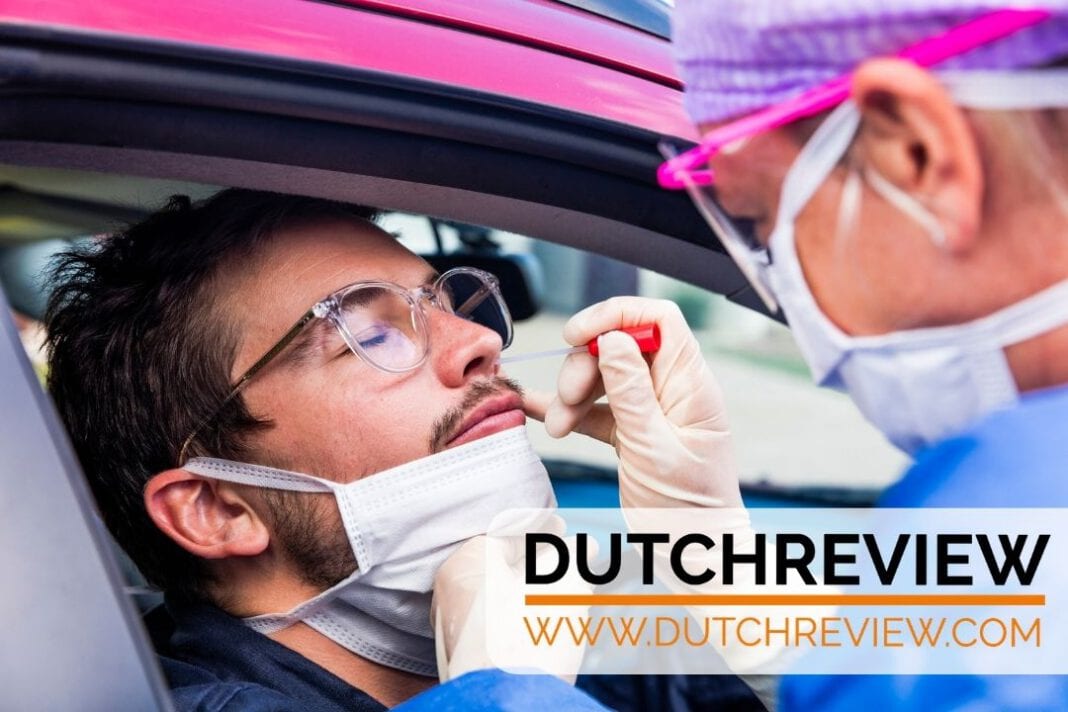For the past few weeks, the UMC Utrecht and Amphia Hospital in Breda have been trialling the use of two types of rapid corona tests in the Netherlands. The two types have passed with flying colours and are expected to be put to use.
The Minister of Health, Hugo De Jonge, has told NOS that the new rapid tests are expected to be used for personnel that work in health care, education and “other vital professions…or for people who come out positively from the source and contact studies so that you can test them very quickly. Or for users of the corona app.”
The rapid tests take only 15 minutes to yield a result and work similarly to a pregnancy test. A swab is taken in the same way as it would be for the current PRC test, however, the sample is tested on a device similar to a pregnancy test.
Whereas the current tests (PRC tests) check the sample for how much of the coronavirus is present, the rapid tests simply test whether or not it is present. For this reason, a person with low levels of the virus may test negatively on the rapid test but positively on the PRC test, which takes significantly longer to yield results.
When to use rapid testing
This is why those who are entering a hospital must receive a PRC test, as it must be certain that they do not have the virus. Researchers will now look into when it is best to use rapid testing over PRC testing.
“You always have to look carefully at how you can best use such a rapid test as a supplement to the normal tests of the GGD. We will investigate exactly that in the coming weeks and then decide how we will use the tests definitively,” says De Jonge.
Results are promising
It is worth noting that the results of the rapid tests proved to be promising for experts. Jan Kluytmans, professor and head of medical microbiology at Amphia Hospital, has described the rapid tests as “a breakthrough in testing policy.”
The testing trials carried out by the UMC and Amphia Hospital found that the rapid tests gave no false positives, meaning that the testing could pick up on those who did not have coronavirus with 100% accuracy.
When compared with positive results given by the PRC tests, the rapid tests proved to have between 72% and 94% accuracy. This is because the rapid tests’ sensitivity to the virus is lower than that of the PRC test. Those who had a very low level of the virus therefore sometimes tested negative on the rapid test.
However, experts point out that those with levels of the virus as low as this were also less likely to spread the virus.
What do you think of rapid testing? Let us know in the comments below!
Feature Image: ©zstockphotos/Canva.com



